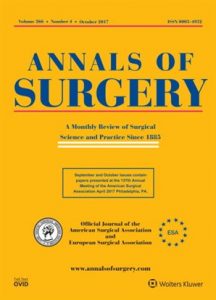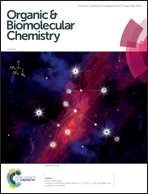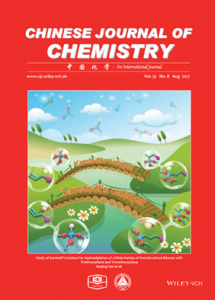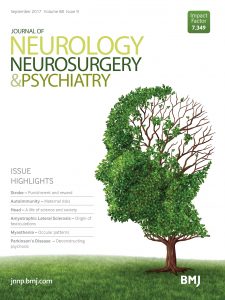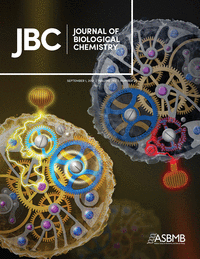 Researchers have retracted a 2015 paper in Cell after an investigation revealed the first author committed misconduct.
Researchers have retracted a 2015 paper in Cell after an investigation revealed the first author committed misconduct.
According to the retraction notice, which first author Ozgur Tataroglu declined to sign, the researchers realized there was an issue with the 2015 paper when they were unable to replicate the findings. Corresponding author Patrick Emery and his team at the University of Massachusetts Medical School in Worcester reviewed the data and found “clear evidence” that Tataroglu — who had been a postdoc in Emery’s lab — “had repeatedly misrepresented and altered primary data,” the notice states.
UMass subsequently conducted an investigation in which it “concluded that the first author committed scientific misconduct.”
Here’s the retraction notice for “Calcium and SOL Protease Mediate Temperature Resetting of Circadian Clocks:” Continue reading Author blamed for misconduct in Cell paper declines to sign retraction notice
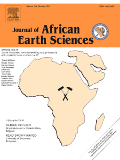 In February 2016,
In February 2016, When economist Jason Hockenberry looked at data comparing some of the financial issues facing different U.S. hospitals, he was surprised by what he saw.
When economist Jason Hockenberry looked at data comparing some of the financial issues facing different U.S. hospitals, he was surprised by what he saw.